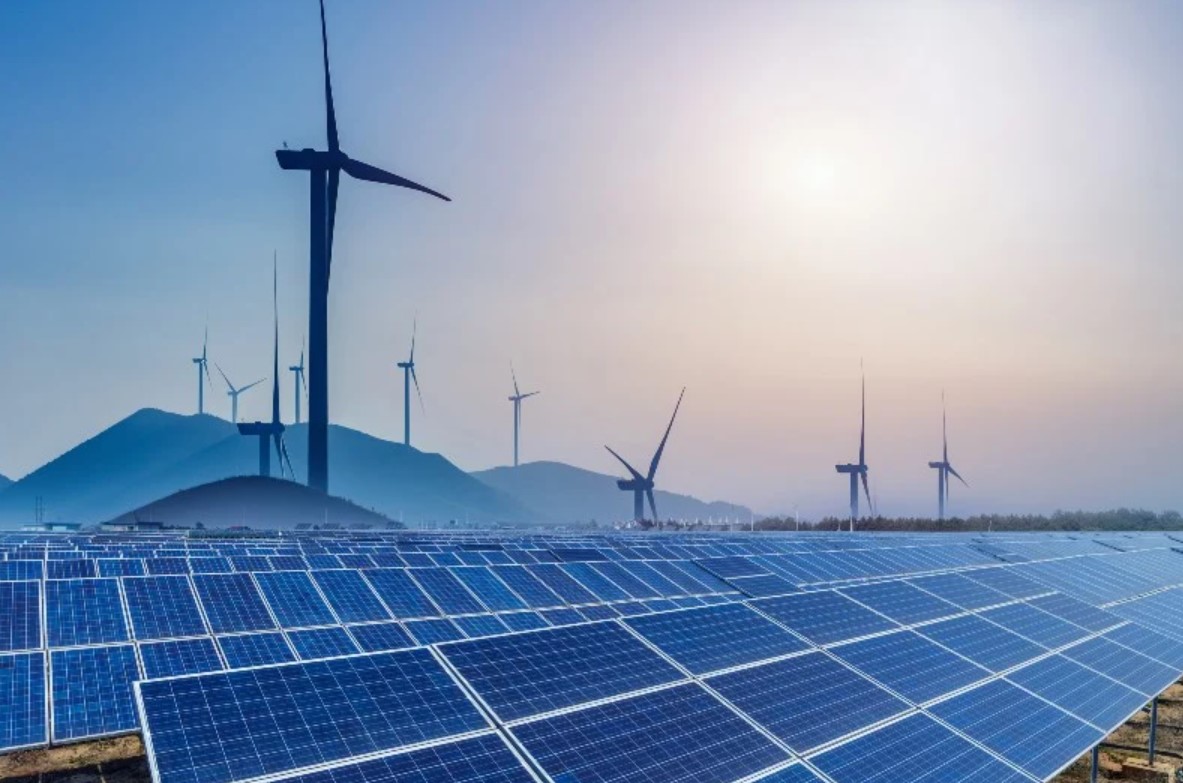
Solar and wind continue to be the cheapest sources of new-build electricity in Australia, according to new research from the CSIRO and the Australian Energy Market Operator (AEMO).
In their third annual GenCost report, the entities have used a more accurate approach for analysing the cost of renewables by including additional ‘integration’ costs, such as storage and new transmission infrastructure.
They found that, even when the integration costs of renewables are included, solar photovoltaics and wind remain as the cheapest sources of new electricity generation capacity.
The CSIRO and AEMO gave industry stakeholders their draft findings in December 2020. CSIRO chief energy economist Paul Graham noted that stakeholders gave feedback about the impact of weather variability on driving up integration costs.
“The final report addresses this feedback: our analysis of renewable integration costs now includes greater recognition of this year to year weather variability and the impact it has on electricity demand and supply,” he said in a statement.
“We took the integration costs from the highest of nine historical weather years.”
The costs of storage from batteries was also found to be lower than previously thought, after stakeholders pointed out that batteries are achieving longer lives before they need to be replaced.
“Battery costs fell the most in 2020-21 compared to any other generation or storage technology and are projected to continue to fall,” the report said.
“Falling battery storage costs underpin the long-term competitiveness of variable renewables.”
The report noted that pumped hydro was also an important storage technology, and was ‘more competitive than batteries when longer duration storage is required’.
Including hydrogen electrolysers for the first time, the research has found hydrogen is following a similar trajectory to more established renewables, CSIRO noted.
“With increased interest in global deployment, and many demonstration projects worldwide, substantial cost reductions in hydrogen technologies are expected over the next decades,” it said.
The release of the report has coincided with the launch of a new clean energy storage startup, Endua. With expertise and research support from the CSIRO and Ampol, the startup will build hydrogen-powered energy storage.
“Our collaboration with Endua, and the hydrogen technology we have devised, can lead to a major step change in reducing the cost of hydrogen-powered energy storage and delivery,” CSIRO’s lead scientist on hydrogen research Dr Sarb Giddey noted.
